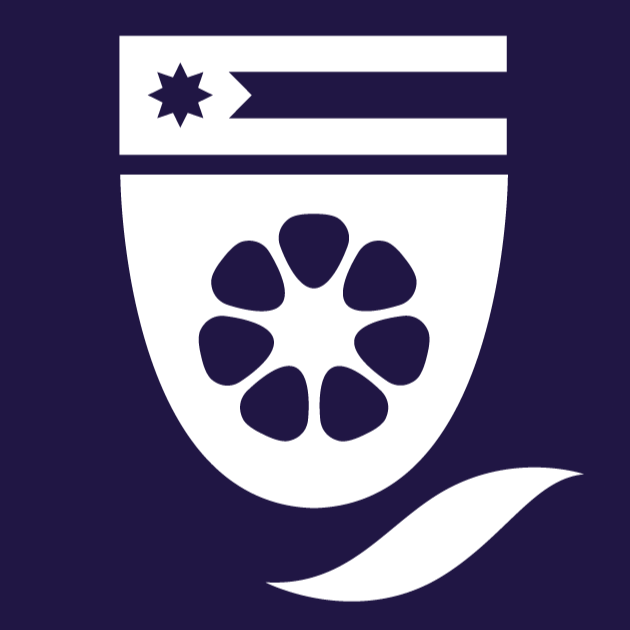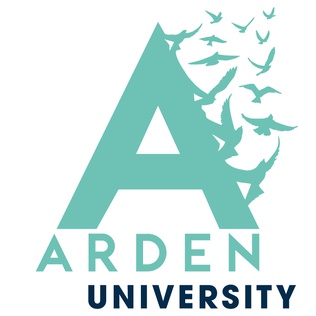📖Program Curriculum
A candidate must successfully complete units totalling 160 credit points (cp) as detailed below. All units are valued at 10 credit points unless indicated.
Unit type Credit Points Specific requirements
Core Units
(4 units) 40cp
Compulsory Core units totalling 40 credit points as detailed below.
IAS531 Indigenous Policy Agendas in Federal and State Politics
MPP501 Theoretical Approaches to Public Policy (unit title change 2023)
MPP506 Public Policy Practice (new unit)
MPP507 Evidence and Policy Evaluation (new unit)
Research Units (2 units) 40cp Compulsory Research Project units totalling 40 credit points.
These units are to be taken following completion of a minimum of 80 credit points of study.
MPP610 Public Policy Research Project (20cp)(repeatable)
MPP611 Public Policy Research Project (20cp) (repeatable)
Specialist Electives
(2 - 8 units) 40cp - 80cp
Units totalling minimum 20 credit points selected from the list of available Research Methodologies units detailed below.
Research Methodologies
Select 20cp from the following prior to undertaking MPP610 and MPP611.
EMG505 Research Methodologies in Education
ENV511 Statistical Methods for Impact Analysis
HGE501 Topics in Human Geography: A 'Remote' Perspective
IAS501 Research Methods 1 (20cp)
IAS521 Principles of Research in Indigenous Contexts
IAS524 Indigenous Representation and Ethical Practice
MPP502 Evidence-Based Policy Development in Northern and Indigenous Contexts
MPP503 Realist Research and Evaluation
MPP505 Policy and Ethnography
PHM526 Research Design
PHM527 Research, Ethics and Impact
PHM588 Qualitative Research
Units totalling up to 60 credit points selected from the list of available units detailed above or from the list below. The Specialist Elective units can be taken from one stream or spread across streams.
Education
EMG502 Philosophies and Ethics
EMG503 Assessment and Quality Assurance in Learning and Teaching
EMG504 Leadership in Education
EMG609 Internship(20cp) (repeatable)
IAS538 Challenging Educational Paradigm
Environment and Livelihoods
ENG519 Sustainability
ENV501 Tropical Invaders and Biosecurity
ENV503 Ecological Restoration and Conservation
ENV507 Fire Ecology and Management
ENV509 Ecology and Management of Tropical Forests and Savannas
ENV513 Environmental Planning and Policy
ENV517 Natural Resources and Indigenous Livelihoods
ENV520 Wildlife Management
ENV521 Community Engagement for Biosecurity and Natural Resource Management
Health and Social Policy
PHM516 Indigenous Health
PHM517 Public Health Anthropology
PHM523 Health Promotion
PHM525 Indigenous Health Research
PHM536 Health Systems, Planning and Management
PHM554 Public Health Economics and Decision Making
PHM559 Health Policy
PHM567 Public Health
Indigenous Contexts
ENV517 Natural Resources and Indigenous Livelihoods
IAS530 Neocolonialism, Advocacy and the Critique of Development
IAS532 Indigenous Knowledges, Property Rights and Economic Participation
IAS533 Indigenous Knowledges and Epistemologies
IAS536 Indigenous Sovereignty and the Challenges of Reconciliation
PHM516 Indigenous Health
PHM525 Indigenous Health Research
Public Management and Governance
BUS504 Sustainable Enterprise
BUS506 Global Megatrends
BUS508 Business Analytics
ENT501 Sustainable Entrepreneurship
MAN514 Management for the Executive
PRT551 Project Management, Risk and Reliability
Secure and Safe Communities
DEM511 Emergency and Disaster Management in Context
DEM512 Interdisciplinary Aspects of Emergency and Disaster Management
DEM513 Leadership in Emergency and Disaster Management
DEM514 Cultural, Social and Psychological Aspects of Emergency and Disaster Management
SWK522 Co-Creating Social Justice in Practice
SWK524 Communities, Social Change and Development
SWK526 Leadership in Social Policy
SWK558 Cultural Security in Child Protection Practice
Electives
(0-4 units) 0-40 cps
Units totalling up to 40 credit points may be selected from postgraduate units offered by the University. Students may select units from any of the approved specialisations (as above) as electives or by cross institutional enrolment that is approved by the course coordinator.
160 Total Credit Points
Show less









